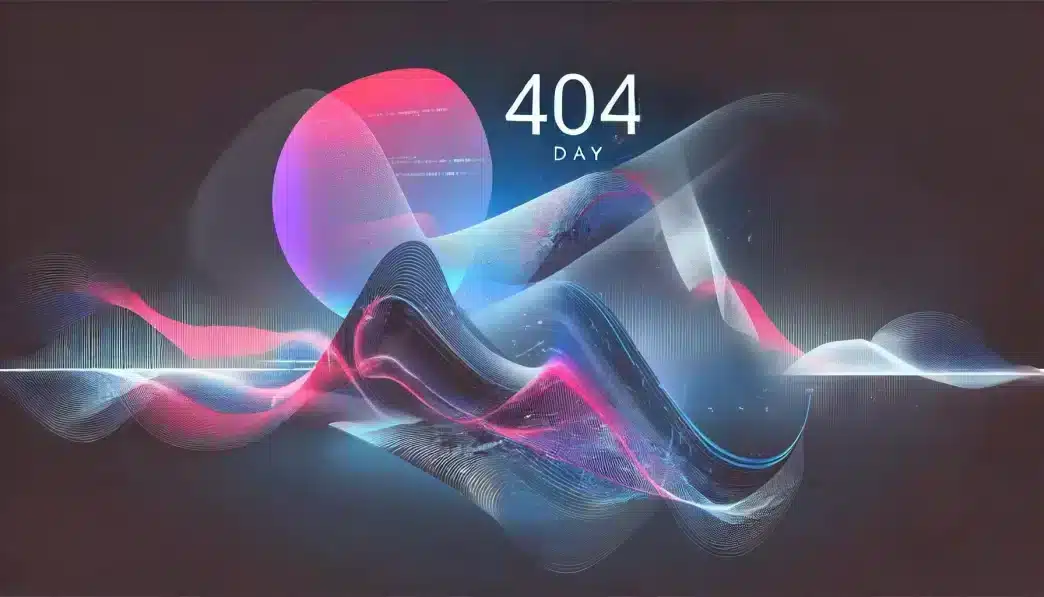What is 404 Day?
404 Day is observed annually on April 4 to raise awareness about internet censorship and filtering in libraries and schools. The name comes from the “404 error,” a common message displayed when online content is blocked or removed. Organized by digital rights activists and free speech advocates, the day highlights the negative impact of restrictive filtering policies that limit access to important educational and informational resources. It encourages discussions on digital freedom, information accessibility, and intellectual rights.
History and Origin
404 Day was launched by the National Coalition Against Censorship (NCAC) and other digital rights organizations to draw attention to the increasing restrictions placed on internet access in educational institutions and public libraries. Many schools and libraries use filtering software to block websites that cover controversial or sensitive topics, often restricting access to vital information about health, politics, history, and social issues.
As Deborah Caldwell-Stone of the ALA, an expert in library filtering practices, has pointed out, “some libraries are denying users access to websites that discuss Wicca and Native American spirituality; blacklisting websites that affirm the lesbian, gay, bisexual, and transgender (LGBT) communities while white-listing sites that advocate against gay rights and promote ‘ex-gay’ ministries; and refusing to unblock webpages that deal with youth tobacco use, art galleries, blogs, and firearms.”
The day serves as a reminder of the importance of open internet access and the fight against unnecessary censorship.
Who Observes 404 Day?
- Digital rights advocates – Individuals and organizations promoting free speech and open internet access.
- Librarians and educators – Professionals concerned about restrictive internet filtering in schools and libraries.
- Students and researchers – People affected by blocked educational content in academic settings.
- Free speech organizations – Groups working to combat censorship and promote digital freedom.
- General internet users – Individuals who value online access to unrestricted information.
Slogans and Themes
“unblock the web”, Emphasizing the need for open access to online information, “information is power” Highlighting the importance of knowledge in a free society or “stop internet censorship”, Calling for an end to unnecessary filtering in schools and libraries.
Colors, Symbols, and Patterns
colors
- red – Representing activism and the fight against digital censorship.
- blue – Symbolizing communication, free speech, and open knowledge.
- black – Reflecting restricted access and blocked content.
symbols
- 404 error page – Representing censored or unavailable online information.
- padlock icon – Signifying restricted internet access.
- open book – Symbolizing knowledge, education, and unrestricted learning.
patterns
- pixelated text – Mimicking censored or blocked words online.
- warning signs – Representing restricted access and filtering.
- glitched graphics – Symbolizing missing or inaccessible web content.
Most Used Hashtags
- #404Day
- #StopCensorship
- #InternetFreedom
- #UnblockTheWeb
- #DigitalRights
How to Observe 404 Day
- raise awareness – Share articles, graphics, and personal stories about internet censorship.
- advocate for open access – Contact schools, libraries, and policymakers to discuss fair filtering policies.
- host discussions – Organize events or online panels about digital rights and free speech.
- engage on social media – Use hashtags to spread awareness and support the cause.
- support digital rights organizations – Donate or volunteer for groups fighting against online censorship.
Why is 404 Day Important?
404 Day serves as a crucial reminder of the importance of free and open access to information. Internet filtering in schools and libraries can prevent students and the public from accessing essential knowledge on topics such as health, history, and social issues. By raising awareness, advocating for policy changes, and supporting digital rights initiatives, 404 Day helps ensure that everyone has access to the information they need without unnecessary restrictions.
Knowledge should not be hidden behind a 404 error;stand up for digital freedom.
Features
April 4: 404 Day (United States)
Why do you keep falling for the same type?
Read the article Lovemaps: the hidden blueprint of our love.

